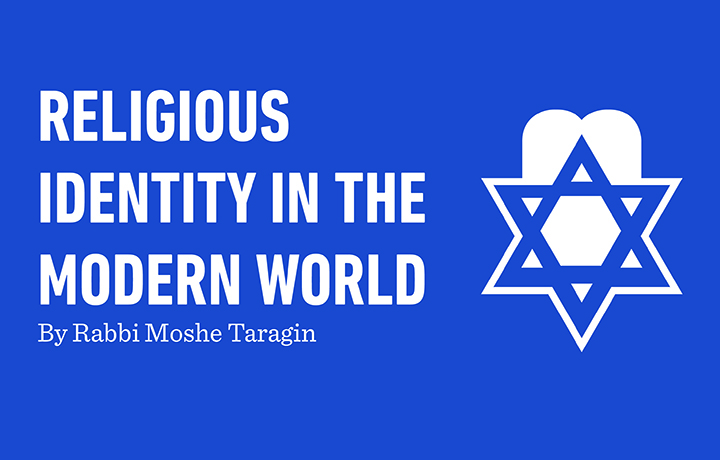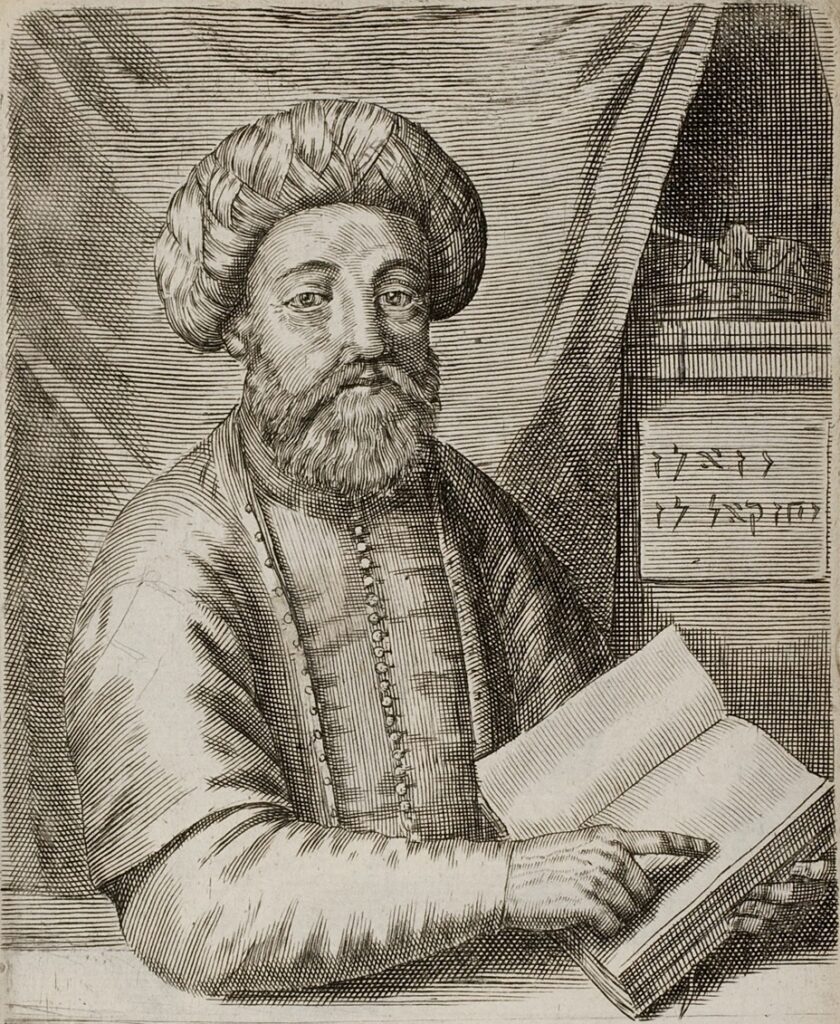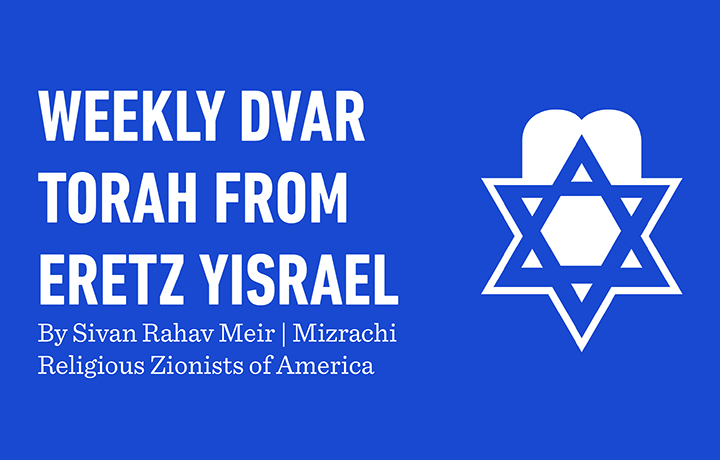A Real [Baba] “Metziah”
I am in a foreign country for a short while, far from my place of residence and far from my roots. Someone once said, “Wherever you go, there you are.” That generally applies to me because wherever I go, I dress pretty much the same. Same dark suits, same white shirts, same hat, and the usual assortment of neckties. But there I was, waiting in line for a taxi with all the locals and other foreigners milling around in droves.
I have picked up quite a few words in several languages over the course of my travels and was enjoying the challenge of trying to pick out the accents and the gist of what the passers-by were saying. At one point, I looked across the plaza and saw a group of women, likely Saudi, clad in black from head to toe with only eyes visible. One of them was looking in my direction, so I nodded and smiled. She was the eldest of the group, probably the mother, and to my surprise she moved closer towards me with two of her teenaged children. I heard the word “Baba” repeatedly.
As I wrote in a previous article, when I was in Morocco a few years ago, many people called me Ali Baba, and I learned that in Morocco, it was not a reference to the famous story from The Arabian Nights, but was a term of distinction for a person who appeared venerable or holy, regardless of their actual religion or ethnicity. I was also aware that in some Arabic dialects, the term is used to refer to grandfathers or older revered gentleman.
Back to the present. The woman approached me and asked in broken English what language I spoke. I confirmed that I spoke in English. She then asked where I was from and I replied that I lived in Los Angeles. She then went on to explain to me that she was in awe because I looked very much like her father, that I looked like her children’s Baba. I smiled at her and nodded again. She then asked if I would allow her daughters to photograph me standing next to her, and also with her son, who had never known his deceased Baba. I agreed. They took some pictures, and in one, the son, perhaps 18-years-old, put his arm around me and clasped my hand with his other. When we were done taking pictures, I asked the young man if he spoke English and he nodded.
I told him that the world needed more people like him, his mother, and me, people who could transcend the barriers of ignorance and live in peace. He told me that he agreed and that he’d never met a Jewish person before. He remarked that his mother had been moved that I had nodded my head and smiled at her. I told him that I wished him peace and he wished me peace as well.
“After all,” I said. “Our ancestors are brothers.”
He replied, “We are not brothers. You are my grandfather.” We smiled and the family waved goodbye as I got into my taxi. If only it could be so easy.
Emile Durkheim, an early figure in sociology who deepened our understanding of culture, wrote about how some assumptions and attitudes inherent to specific cultures are fairly immutable. Even when a person attempts to assimilate into a different culture or blend in, there are implicit factors that shape his perception of his host culture and their views of him. This is present among the nations of the world and is also a reality among our people.
We grow up with various beliefs about those around us, and some of them are anchored in our Torah tradition, and others are empirical, the byproducts of persecution, prejudice, and living defensively over many centuries. These beliefs are our truths, whether taught to us by our Sages, our parents, or through our own encounters. A Jew will always be a Jew in the view of the rest of the world. A Jew also needs to be a Jew in his own self-perception.
I can muse to myself about what that family might have been muttering about me, about Jews in general, and about our encounter. I can speculate about whether I left a positive imprint on their attitudes about Jews or not. But what I know with certainty is that day I had a task and a mission to complete. And that was to be pleasant and respectful, and to create a Kiddush Hashem through my actions and behavior, bringing a positively sanctified atmosphere to the conversation and to share words of value and merit. At all moments, in my opinion, a Jew’s existence is about bringing some sanctity and goodness to the world, whether through our speech, our deeds, our actions, our relationships, or the examples we set for others. For a Baba like me, that would be quite a Metziah.
Rabbi Dr. Dovid Fox is a forensic and clinical psychologist, and director of Chai Lifeline Crisis Services. To contact Chai Lifeline’s 24-hour crisis helpline, call 855-3-CRISIS or email [email protected]. Learn more at ChaiLifeline.org/crisis.





![A Real [Baba] “Metziah”](https://5tjt.com/wp-content/uploads/2025/02/Dovid-Fox-1024x719.jpg)









